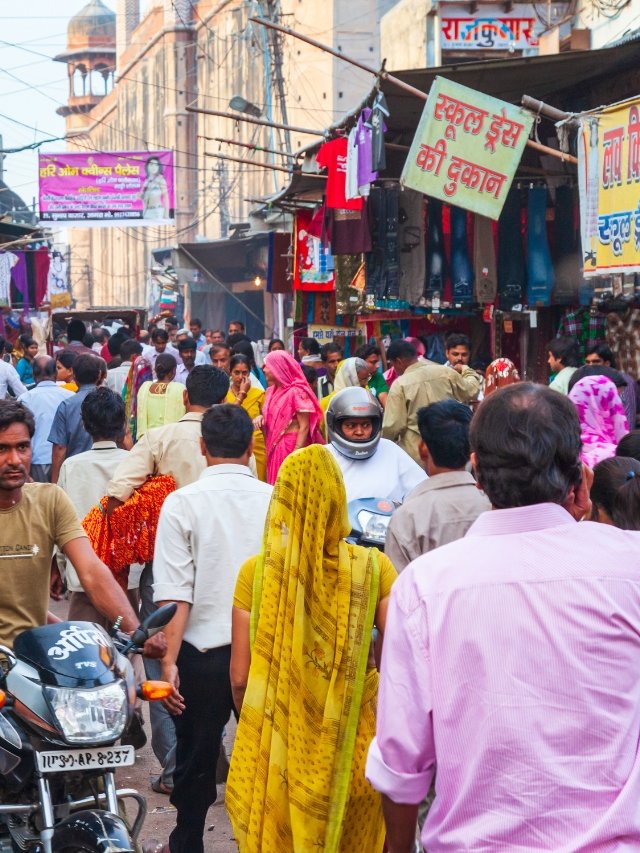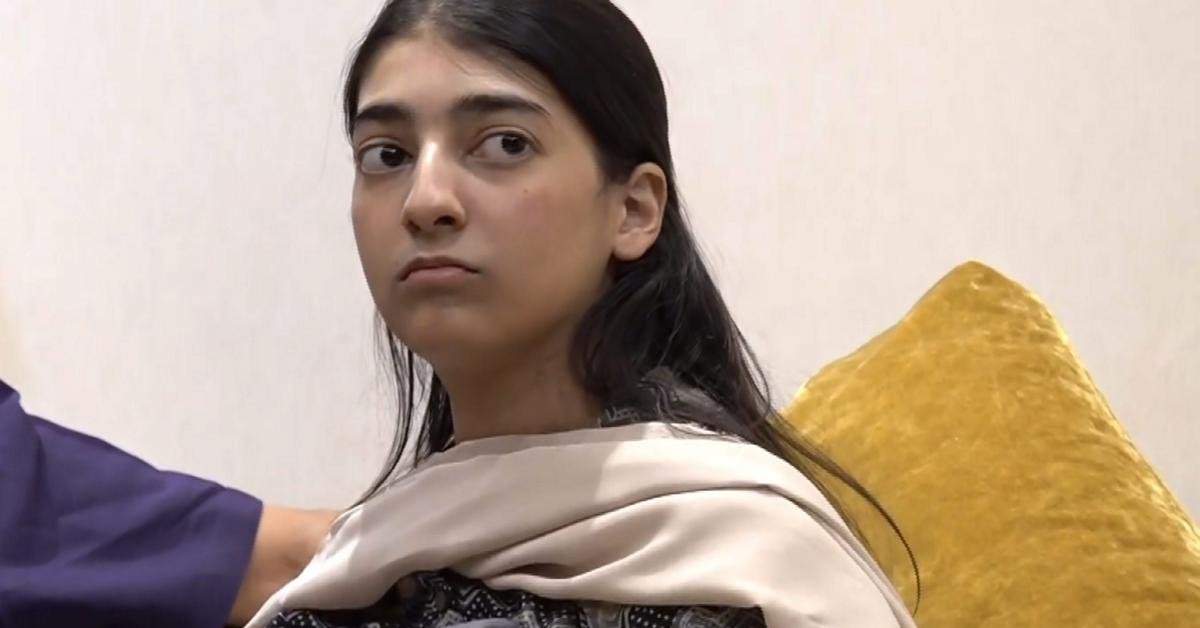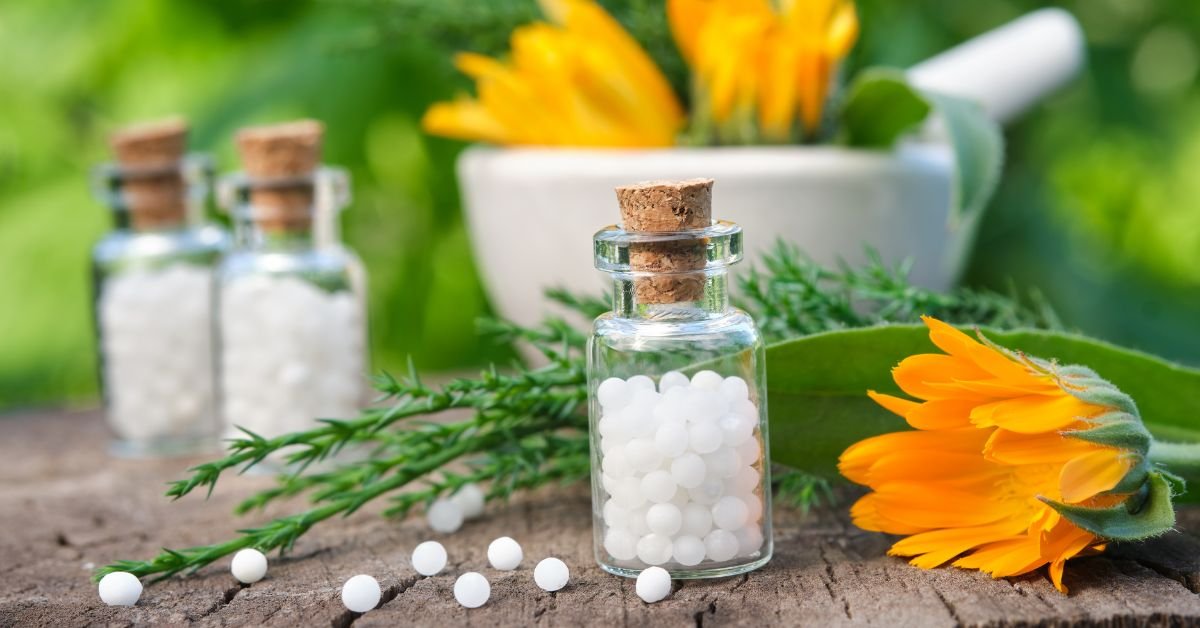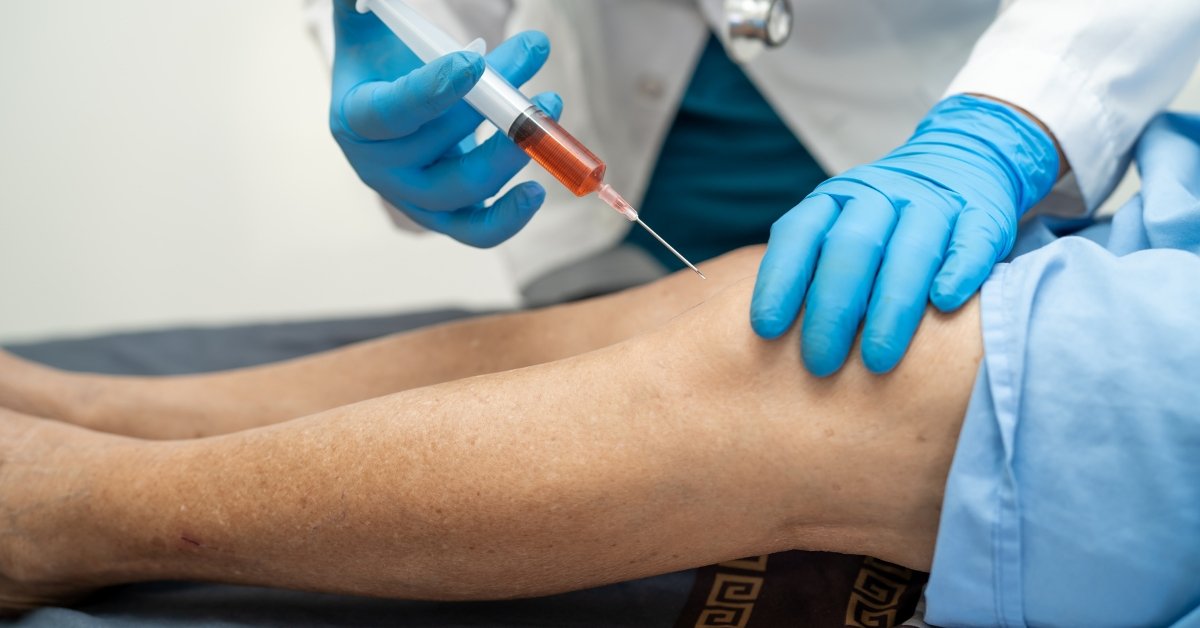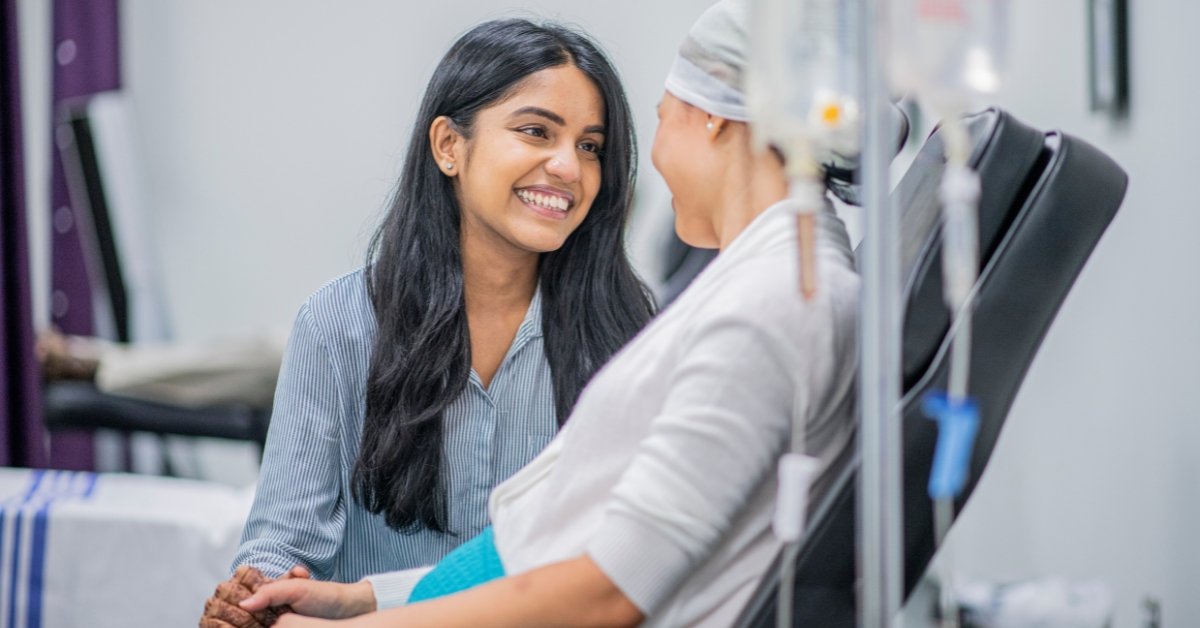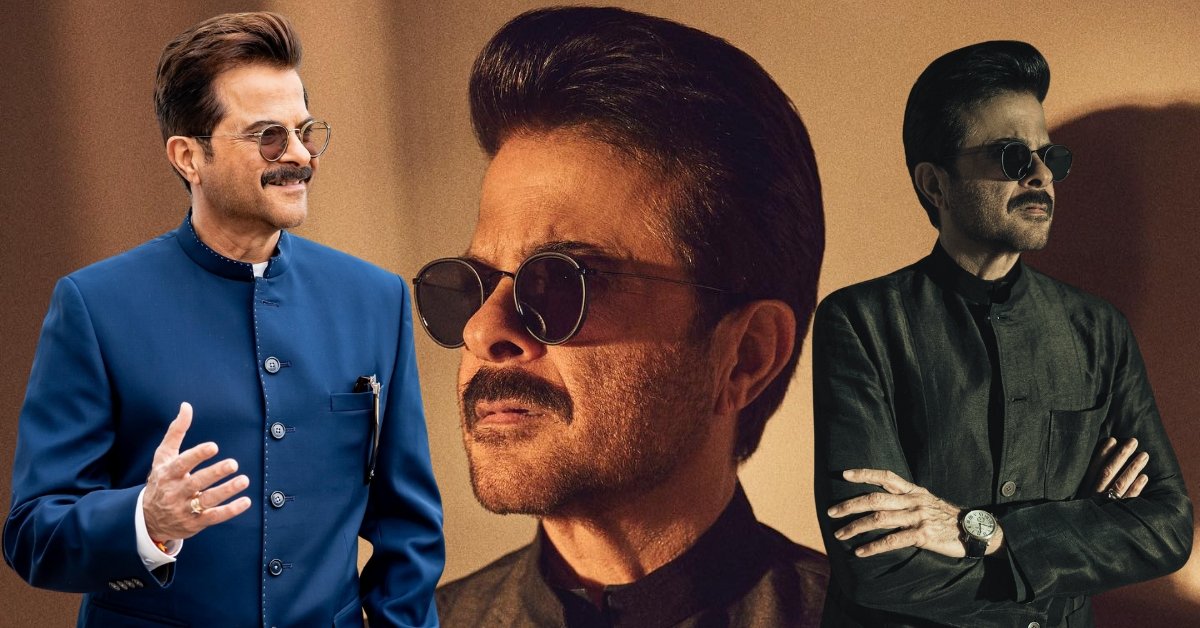Table Of Contents
Ayesha Rashan
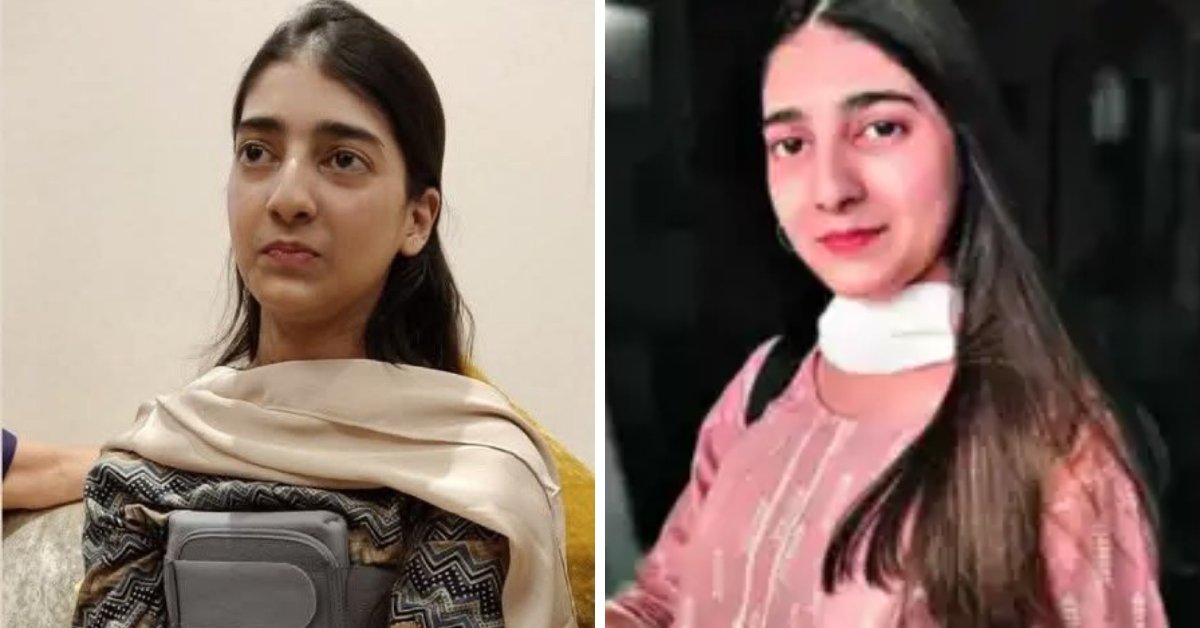
Hey there, folks!
Imagine being 19, fighting for your life with a failing heart, and getting a second chance through a transplant, only for that life-saving act to stir up a storm of controversy.
That is precisely what happened to Ayesha Rashan, a young woman from Karachi, Pakistan, whose heart transplant in Chennai, India, became the talk of the town for all the wrong reasons.
Was it a triumph of humanity or a clash of cultures?
At THOUSIF Inc. – INDIA, we dive deep into this gripping story, questioning the claims of a fatwa, religious backlash, and a family on the run.
Buckle up for a tale that’s as emotional as it is thought-provoking!
Ayesha’s Journey: From Karachi To Chennai
Ayesha Rashan’s story starts with a battle against time.
At just 14, she suffered a cardiac arrest in 2019, leaving her heart in critical condition.
Doctors in Pakistan diagnosed her with severe heart dysfunction, but with no heart transplant facilities available in her home country, her family turned to India.
Chennai’s MGM Healthcare became her beacon of hope, where senior cardiac surgeon Dr. K.R. Balakrishnan and his team took her under their wing.
By January 31, 2024, after years of waiting, Ayesha received a heart from a 69-year-old brain-dead donor from Delhi.
The surgery, which could have cost up to ₹35 lakh (around USD 42,000), was performed free of charge, thanks to the Aishwarya Trust, generous doctors, and the hospital.
Ayesha was discharged on April 17, 2024, with a new lease on life.
She dreams of becoming a fashion designer.
Her mother, Sanobar, a single parent, expressed heartfelt gratitude to the Indian government for granting an emergency visa and to the medical team for their compassion.
So far, this sounds like a heartwarming story of cross-border kindness.
However, not everyone saw it that way.
Rumors of a fatwa, religious outrage, and Ayesha’s family fleeing their home in Karachi have cast a shadow over this medical miracle.
Let us unpack the truth behind these claims.
The Heart Of The Controversy: Fact Or Fiction?
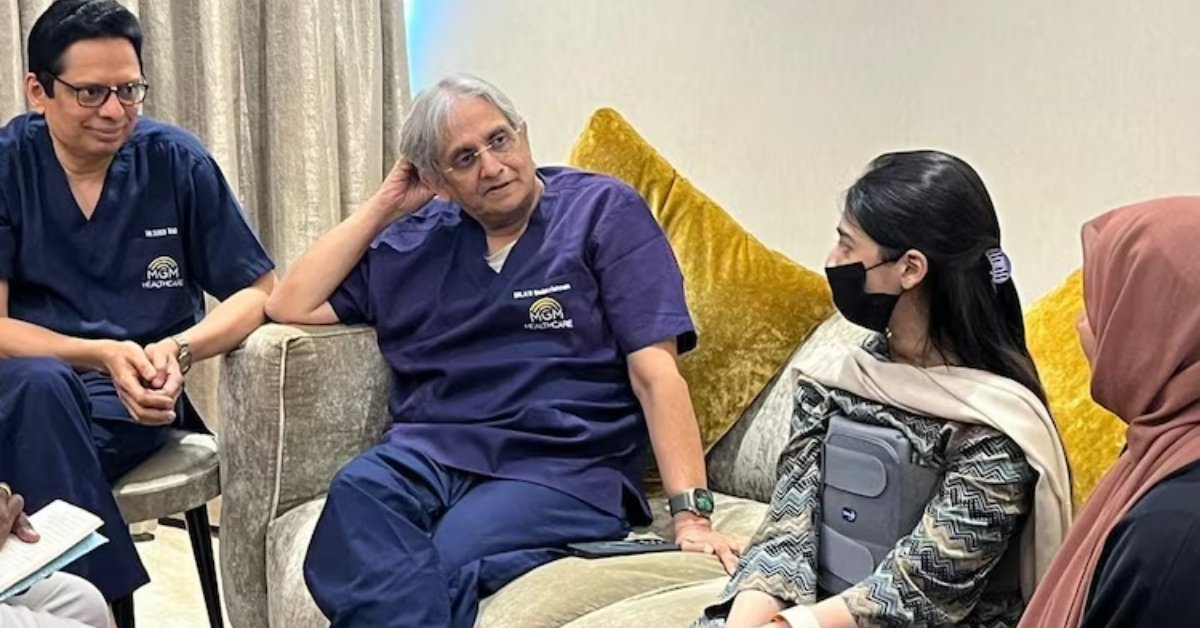
The buzz around Ayesha’s transplant took a dark turn when social media posts claimed that some Pakistanis were furious about her receiving a Hindu man’s heart.
According to these reports, an influential imam in Karachi issued a fatwa, declaring it a sin for Ayesha, a Muslim, to accept the organ because it came from someone who “bowed before Hindu idols.”
The allegations went further, suggesting her family had to relocate to an undisclosed location for safety.
However, here is the kicker: how much of this is true?
After digging through news reports and social media, we found that while the transplant itself is well-documented, the claims of a fatwa and forced relocation are murky at best.
Mainstream media outlets like The Hindu, Times of India, and The Express Tribune celebrated Ayesha’s recovery as a symbol of humanitarian collaboration.
They did not mention a fatwa or her family being driven out of Karachi.
Instead, the focus was on the challenges of organ donation in Pakistan and the generosity of Indian doctors.
Social media, however, tells a different story. Posts on platforms like X have fueled the controversy, with some users claiming radicals in Pakistan condemned the transplant.
One post even quoted an imam saying the heart “previously bowed before Hindu idols,” arguing that organ donation itself is un-Islamic.
However, these claims lack corroboration from credible sources.
No major Pakistani or Indian news outlet has reported a fatwa, and there is no evidence of Ayesha’s family relocating due to backlash.
Breaking Down The Claims
To make sense of this, let us organize the key claims and their veracity in a clear table:
| Claim | Details | Evidence | Verdict |
|---|---|---|---|
| Ayesha received a heart transplant | A 19-year-old Pakistani girl underwent surgery on January 31, 2024, at MGM Healthcare in Chennai, receiving a heart from a 69-year-old Delhi donor. | Confirmed by multiple sources, including The Hindu, Times of India, and India Today. | True |
| Surgery was free | No official confirmation of the donor’s religion; claims stem from social media. | Reported by The Express Tribune, Business Standard, and others. | True |
| The Donor was Hindu | Alleged that the donor was Hindu, sparking religious controversy. | A fatwa was issued in Karachi | Unverified |
| Fatwa issued in Karachi | An imam declared the transplant a sin due to the donor’s alleged Hindu faith. | No mainstream media reports; claims appear in X posts and unverified online sources. | Unlikely |
| Family relocated | Ayesha’s family fled Karachi due to backlash. | No evidence in credible sources; mentioned only in social media speculation. | Unlikely |
This table shows that while the transplant and funding details are solid, the controversy is a social media storm rather than a real-world crisis.
However, why did these rumors gain traction?
The Cultural Context: Organ Donation And Religion
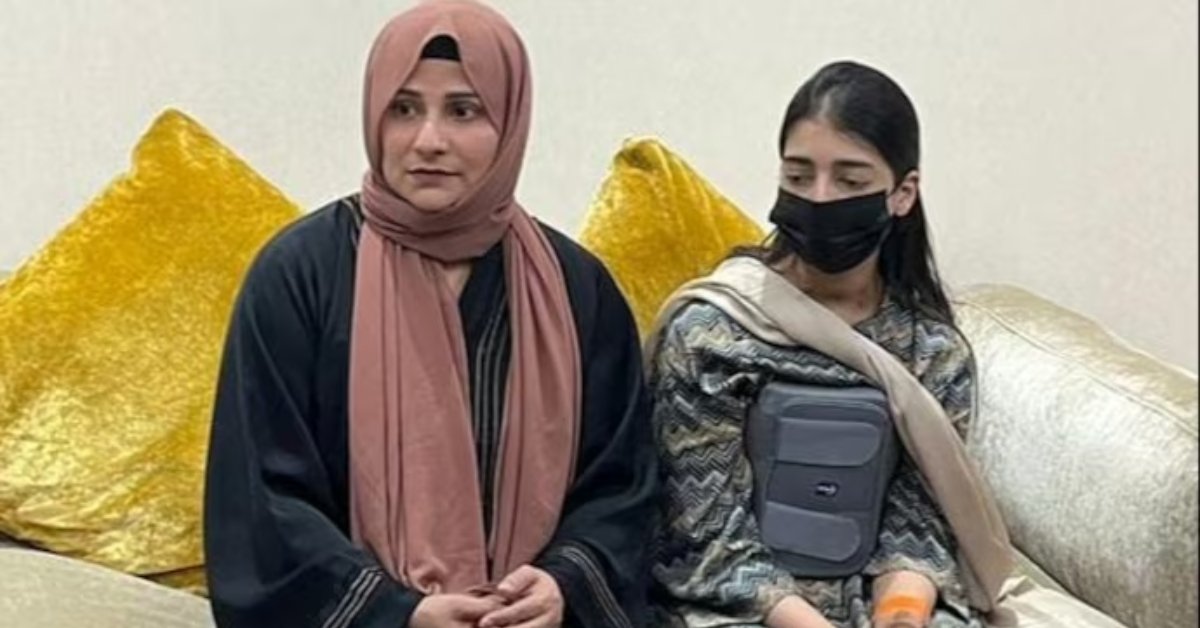
We must look at the cultural and religious landscape to understand the controversy.
Organ donation is a sensitive topic in many communities, including some Muslim populations.
While many Islamic scholars support organ donation as a life-saving act, conservative interpretations can view it as problematic, especially if the donor is from a different faith.
In Pakistan, organ donation is rare due to cultural hesitancy, lack of infrastructure, and undefined legal frameworks for brain death.
Ayesha’s case is not the first to highlight these challenges.
For instance, Muhammad Amir, a Pakistani who received a heart transplant in Chennai in 2014, noted that only a handful of Pakistanis have undergone such procedures in India due to the lack of facilities at home.
Renowned Pakistani surgeon Dr. Faisal Saud Dar has pointed out that the absence of deceased donors and expertise is a significant barrier to heart transplants in Pakistan.
This context might explain why some online voices questioned Ayesha’s transplant, but it does not confirm the extreme claims of a fatwa or religious persecution.
On the Indian side, the controversy was not absent either.
Some social media users expressed frustration, arguing that Indian patients should have priority for organ transplants.
One X user wrote, “Here we are giving our hearts to Pakistanis, which could have been given to one of our countrymen on the waiting list.”
However, India’s National Organ and Tissue Transplant Organisation (NOTTO) has clear rules: foreign nationals like Ayesha can only receive organs if no Indian recipient is available.
In her case, the donor’s heart was deemed suitable, and no Indian patient was a match at the time.
The Medical Marvel: How It All Came Together
Let us take a moment to appreciate the medical feat behind Ayesha’s story.
Heart transplants are no small task—they require precision, expertise, and a small quantity of luck.
Ayesha’s journey began in 2019 when she arrived in Chennai with a failing heart.
Doctors initially fitted her with a left ventricular assist device (LVAD), a mechanical pump to support her heart while she waited for a donor.
By 2023, her condition worsened, with her heart pump leaking and her right heart failing.
A transplant became her only hope.
When the call came in January 2024, it was a race against time.
The donor heart, from a 69-year-old man in Delhi, was airlifted to Chennai.
Many surgeons hesitated to use it due to the donor’s age, but Dr. Balakrishnan and Dr. Suresh Rao saw it as Ayesha’s last chance.
The surgery was a success, though not without challenges.
Ayesha’s chest had to remain open for nearly 10 days due to the heart’s size.
This chilling detail underscores the procedure’s complexity.
By April 17, 2024, she was stable enough to be discharged.
Here is a quick look at the timeline of Ayesha’s medical journey:
| Date | Event | Details |
|---|---|---|
| 2019 | Cardiac arrest | Ayesha suffers heart failure, travels to India, and is fitted with an LVAD. |
| 2023 | Health deteriorates | Right heart failure and a leaking heart pump necessitate a transplant. |
| January 31, 2024 | Heart transplant | Surgery performed at MGM Healthcare using a donor heart from Delhi. |
| April 17, 2024 | Discharge | Ayesha is released from the hospital and cleared to return to Pakistan. |
The Human Side: Ayesha’s Dreams And Gratitude
At the heart of this story is a young woman with big dreams.
Ayesha, now 20, wants to finish her schooling in Karachi and become a fashion designer.
“I can breathe easy now,” she told reporters, her relief palpable.
Her mother, Sanobar, described the ordeal of watching her daughter suffer and the gratitude she felt for the Indian doctors who treated Ayesha like family.
“Pakistan has no good medical facilities compared to India,” Sanobar said, highlighting the stark contrast in healthcare infrastructure.
The Aishwarya Trust and contributions from former patients and doctors made this possible.
Dr. Balakrishnan emphasized that Ayesha’s nationality did not matter; she was a patient and a young girl in need.
This compassion crossed borders, showing that humanity can shine even in the face of geopolitical tensions.
The Social Media Storm: Why The Outrage?
So, where did the controversy come from?
Social media platforms like X and Facebook became breeding grounds for polarized opinions.
In India, some users criticized the decision to allocate a heart to a Pakistani, questioning why Indian patients did not get priority.
Others took issue with the free surgery, arguing that many Indians cannot afford such treatments.
In Pakistan, a handful of posts claimed religious objections, with one alleging that an imam called the transplant a sin due to the donor’s supposed Hindu faith.
These reactions reflect deeper tensions.
India and Pakistan have a complex history, and organ donation can be a lightning rod for cultural and religious debates.
However, without concrete evidence of a fatwa or relocation, these claims seem more like online outrage than reality.
It is worth noting that social media often amplifies extreme views, and a few vocal users do not represent entire communities.
Organ Donation In India And Pakistan
To put this in perspective, let us compare the organ donation landscapes in India and Pakistan:
| Aspect | India | Pakistan |
|---|---|---|
| Heart Transplant Facilities | Available in major cities like Chennai, Delhi, and Mumbai. | Virtually nonexistent; patients often travel abroad. |
| Organ Donation Laws | Regulated by NOTTO; organs allocated to foreigners only if no Indian recipient is available. | No clear definition of brain death, limiting deceased donations. |
| Cultural Attitudes | There is growing acceptance, but still low donor rates due to awareness and religious concerns. | Strong cultural hesitancy; organ donation is rare, especially among Muslims. |
| Notable Cases | Ayesha Rashan, Muhammad Amir (2014). | Limited to patients seeking treatment abroad. |
This table highlights why Ayesha’s family had to turn to India and why her case sparked debate.
Pakistan’s lack of transplant infrastructure forces patients to seek help elsewhere, while India’s stricter regulations ensure fairness in organ allocation.
The Bigger Picture: Humanity vs. Hate
Ayesha’s story could have been a shining example of what happens when people come together to save a life.
Instead, it got tangled in a web of rumors and resentment.
The claims of a fatwa and religious backlash seem more about online posturing than real-world consequences.
However, they raise important questions: Why do we let borders and beliefs overshadow acts of kindness?
Moreover, how can we bridge the gap in healthcare access so that no one has to face these dilemmas?
At THOUSIF Inc. – INDIA, we believe stories like Ayesha’s remind us of the power of compassion.
The doctors at MGM Healthcare did not see a Pakistani or a Muslim.
They saw a young girl fighting for her life.
The Aishwarya Trust did not hesitate to fund her surgery, and the Indian government granted her a visa in her hour of need.
These acts of humanity deserve to be celebrated, not drowned out by divisive rhetoric.
Wrapping Up
Ayesha Rashan’s journey from a failing heart to a fresh start is miraculous.
However, the rumors of a fatwa and religious backlash remind us how quickly a good deed can be twisted into controversy.
At THOUSIF Inc. – INDIA, we have sifted through the noise to bring you the facts: a life was saved, borders were crossed, and compassion won the day.
The claims of a fatwa and relocation?
They are likely just those claims with no solid evidence to back them up.
We hope Ayesha’s story inspires you to look beyond the headlines and see the human side of every tale.
Want to dive into more stories that spark conversation and challenge perspectives?
Check out our other articles on the THOUSIF Inc. – INDIA blog.
From healthcare breakthroughs to cultural insights, we have plenty to keep you curious.
Please drop by and let us know what you think.
Trivia Tidbit: Did You Know?
Ayesha Rashan is not the first Pakistani to receive a heart transplant in India. In 2014, a man named Muhammad Amir (name changed for privacy) underwent a similar procedure in Chennai, becoming one of the longest-surviving Pakistani heart transplant recipients. Like Ayesha’s, his story underscores the life-changing impact of cross-border medical care.
- Check Out: Asaduddin Owaisi’s Fiery Kuwait Speech Slams Pakistan’s Terror Links
- Check Out: What Did Asaduddin Owaisi Say In Bahrain About Pakistan And Terrorism?

